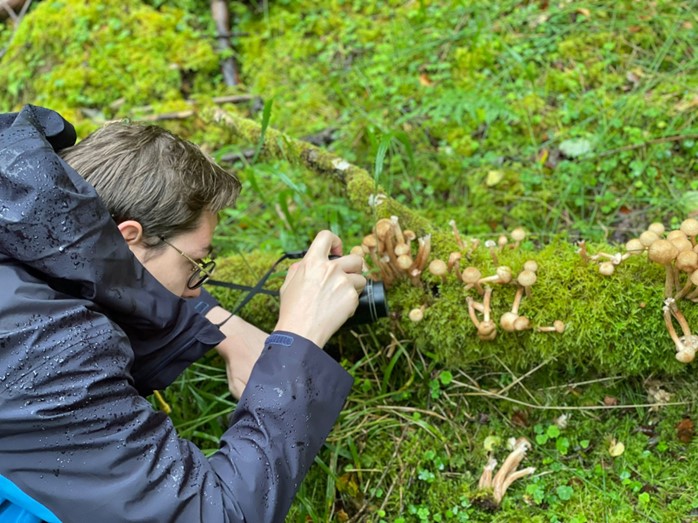
| Academic Year | 2023-2024 |
| s.vanhellemondt.23@abdn.ac.uk | |
| Institution | University of Aberdeen |
Biography
Pronouns: he/him
School: School of Biological Sciences
Project: Harnessing next-generation diagnostic technologies for eDNA-based biosurveillance, wildlife forensics and conservation biology
Supervisors: Professor Stuart Piertney & Professor Martin Collinson
Undergraduate Education: BSc Biology and Medical Laboratory Research, Avans University of Applied Sciences, The Netherlands
Postgraduate Education: MSc Wildlife Conservation, University of Chester, UK; MSc DNA Profiling, University of Central Lancashire, UK
Research: The use of DNA and environmental DNA (eDNA) barcoding has revolutionised how we catalogue, characterise and monitor biodiversity in natural environments. It has provided a range of species monitoring tools widely used in applied contexts such as the tracking of disease spread, detecting the presence of novel pathogens or invasive non-native species, and monitoring the occurrence and movement of rare or elusive species. However, implementing eDNA barcoding by a broader community of practitioners and end-users has been hampered by the requirement for specialist facilities within dedicated laboratories, as well as the expertise in analysis and interpretation of large data sets to draw robust and meaningful conclusion. To deliver a real transformational change for non-specialist practitioners a democratisation of eDNA technology is needed.
There are emerging technologies currently being used for point-of-care diagnostics in human and veterinary healthcare that could provide more easily accessible eDNA-based analysis methods for environmental scientists and practitioners. These are (but not limited to): microfluidic “lab-on-a-chip” platforms; next-gen ELISA; lateral flow detection and isothermal PCR based assays.
The overarching goal of my PhD research is to reinvent how eDNA analysis is undertaken in an environmental context. I aim to explore emerging technologies and develop several diagnostic assays that can be used in conservation biology, bio surveillance for invasive non-native species and wildlife forensics.
During my PhD I hope to collaborate with molecular ecologists, medical and veterinary scientists, environmental managers and practitioners, and commercial biotechnology partners to develop eDNA diagnostic platforms that will be:
- Easier to use,
- More portable & cost-effective,
- Can generate robust and reproducible results in real time that are simple to interpret,
… and help deliver real applied impact!
Other:
- Twitter: @roaming_sparrow
Posts
There are currently no posts for this student.





















































